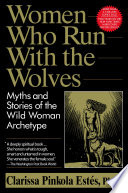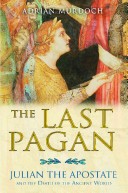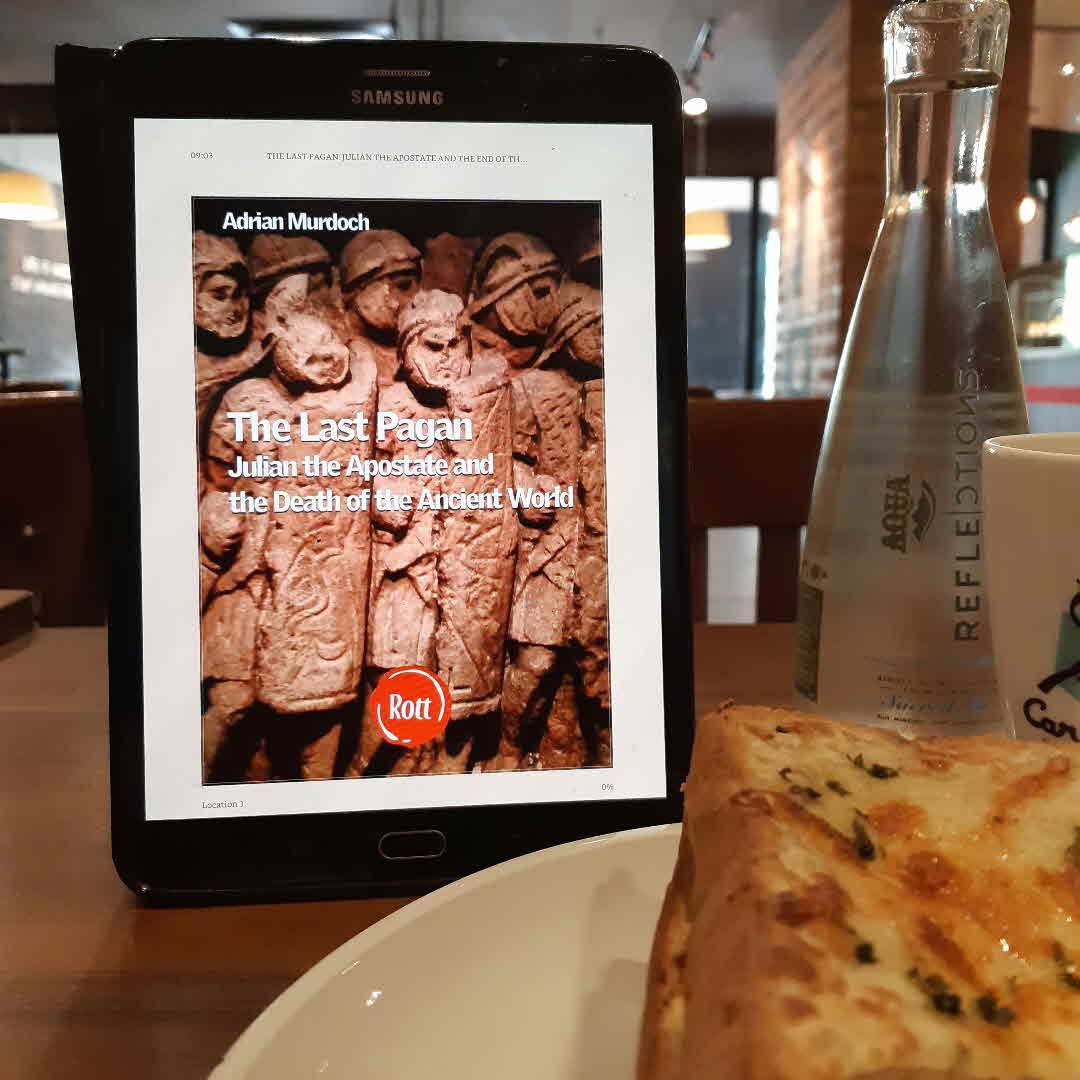Good bio of the short-reigned emperor who tried to revive paganism which avoids the trap of making him an Enlightenment poster boy and attempts to see him in his own terms. Some annoying clusters of typos towards the end, and it could have done with some maps and a family tree.



















